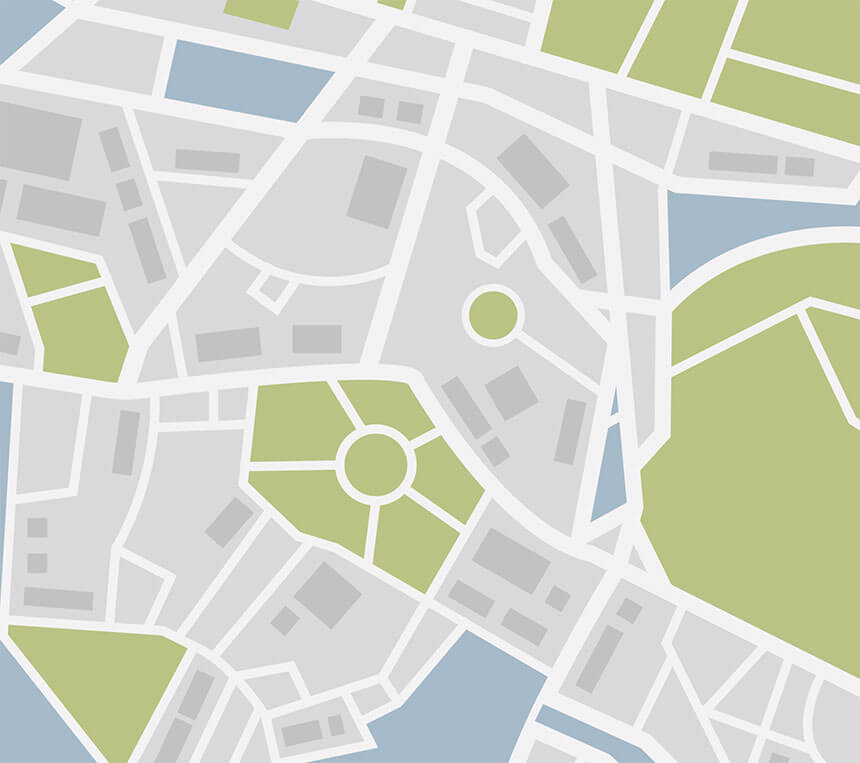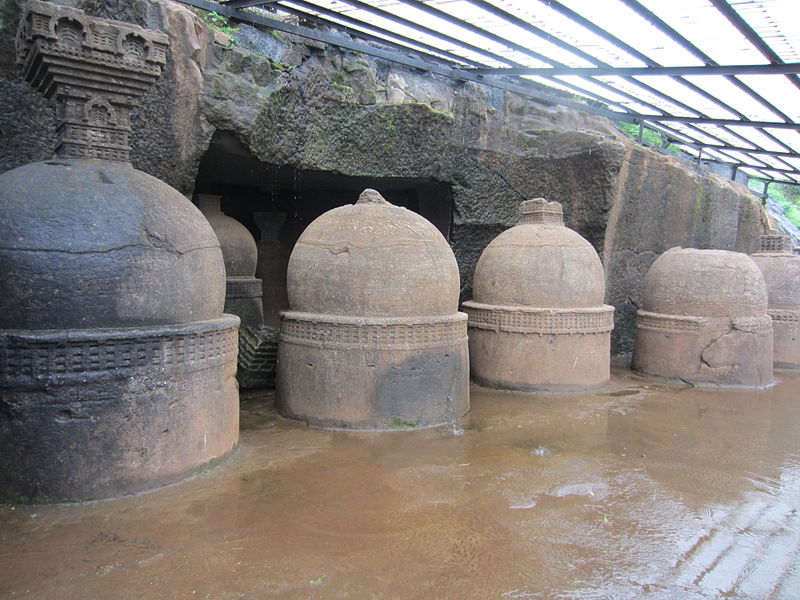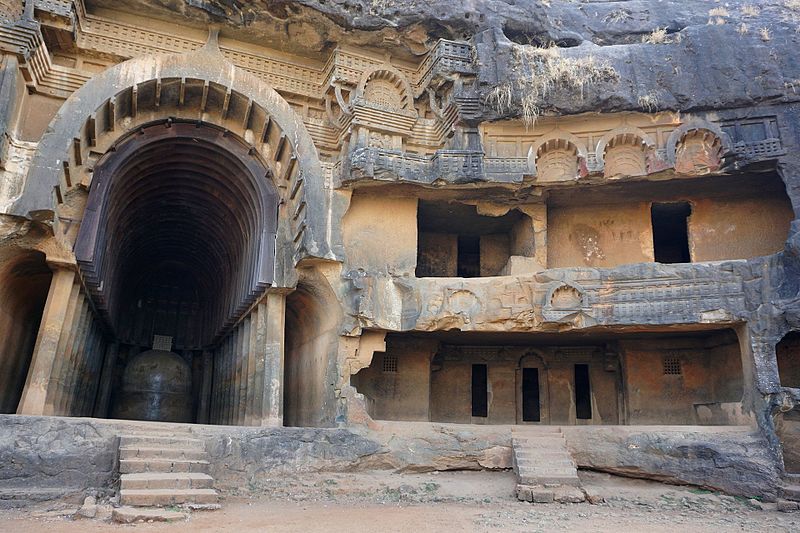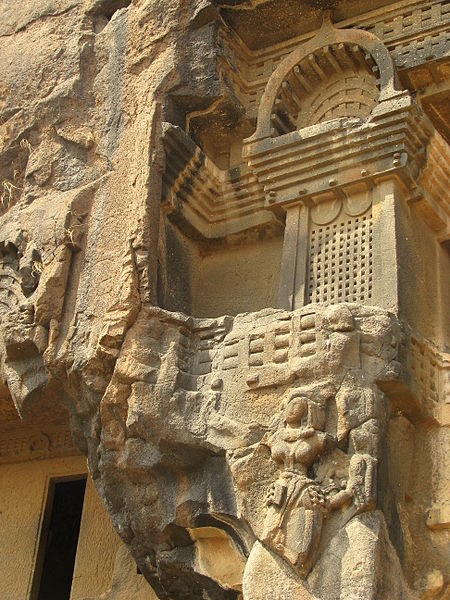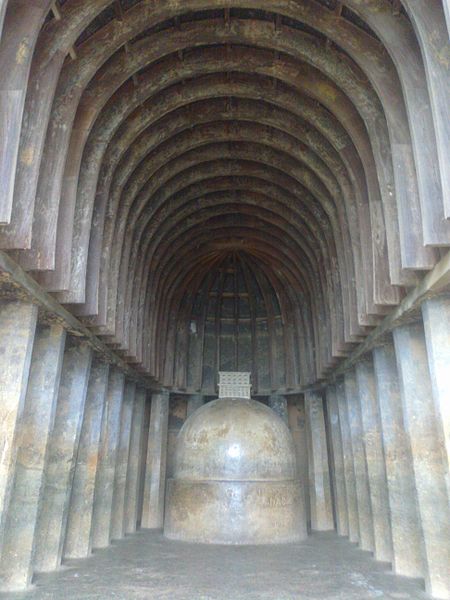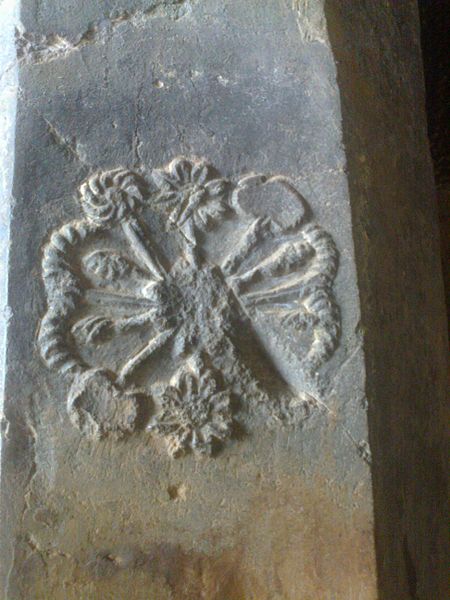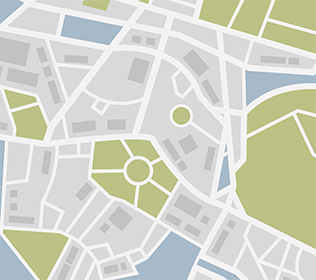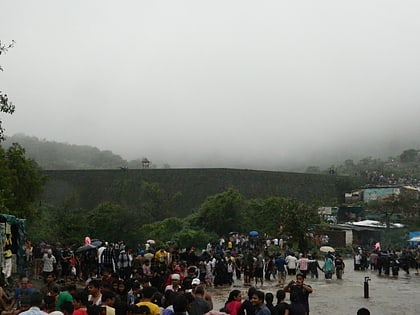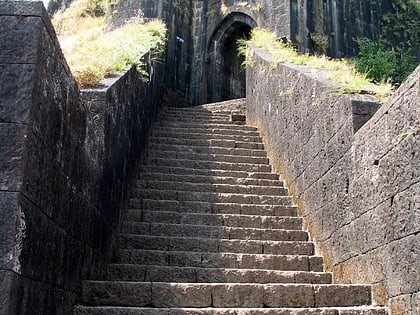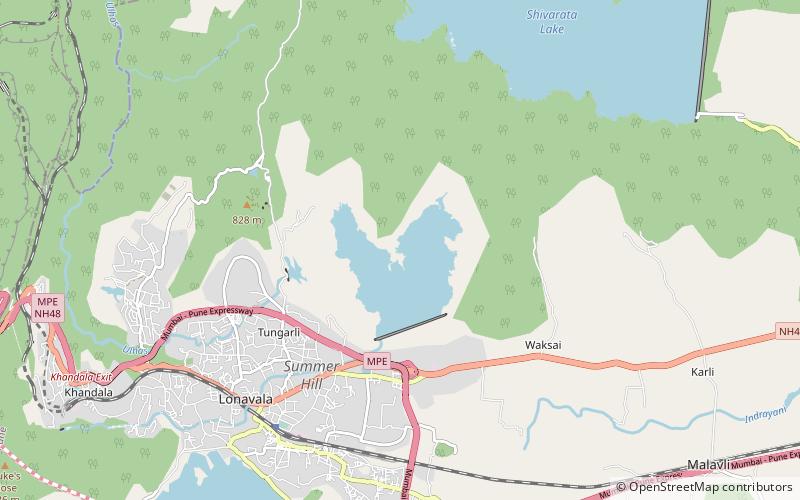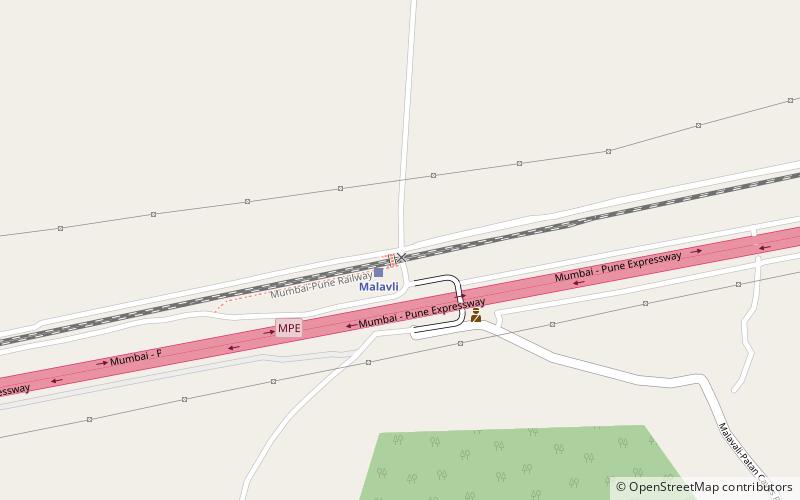Bhaja Caves, Lohgad
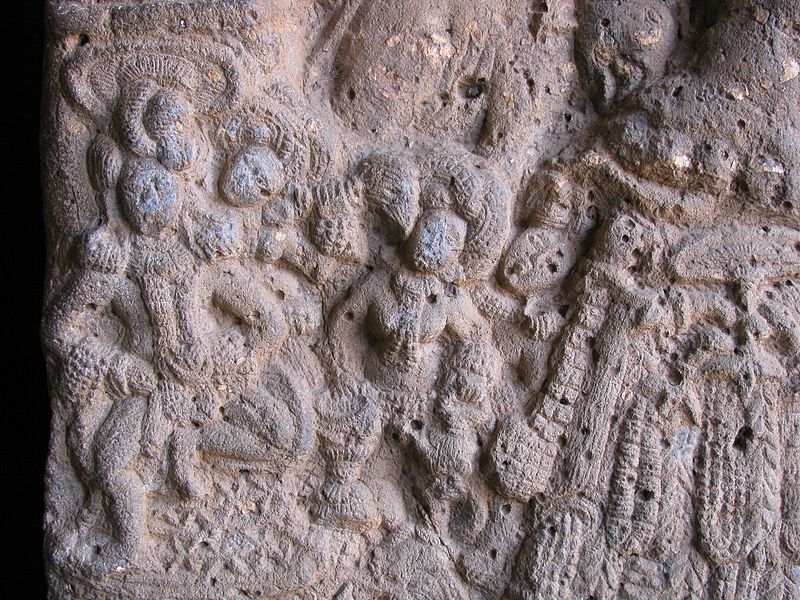
Facts and practical information
Bhaja Caves is a group of 22 rock-cut caves dating back to the 2nd century BC located in the city of Pune, India. The caves are 400 feet above the village of Bhaja, on an important ancient trade route running from the Arabian Sea eastward into the Deccan Plateau. The inscriptions and the cave temple are protected as a Monument of National Importance, by the Archaeological Survey of India per Notification No. 2407-A. It belongs to the Hinayana Buddhism sect in Maharashtra. The caves have a number of stupas, one of their significant features. The most prominent excavation is its chaitya, a good example of the early development of this form from wooden architecture, with a vaulted horseshoe ceiling. Its vihara has a pillared verandah in front and is adorned with unique reliefs. These caves are notable for their indications of the awareness of wooden architecture. The carvings prove that tabla – a percussion instrument – was used in India for at least 2300 years, disproving the centuries-held belief that the tabla was introduced to India by outsiders or from Turko-Arab. The carving shows a woman playing tabla and another woman, performing dance. ()
Lohgad
Bhaja Caves – popular in the area (distance from the attraction)
Nearby attractions include: Karla Caves, Tung Fort, Bedse Caves, Ekvira.

